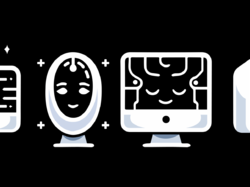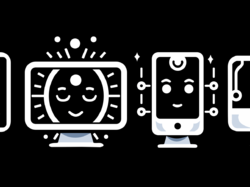Ben Sisario of the New York Times on the sudden popularity of bots in the music industry:
50 Cent, Aerosmith, Snoop Dogg and Kiss have all deputized chatbots as their automatic, ever-alert greeters on Facebook Messenger, handling the flood of inquiries that would overwhelm any human.
Three things stuck out to me as interesting signals here:
- Chat is emerging as a distribution channel. Bands are using chat to share pre-release clips of singles. (“Based on the data we’re seeing, it’s not crazy to think that a year from now it’s going to be [the music industry’s] No. 1 distribution channel,” according to Matt Schlicht, CEO of chatbot-builder Octane AI.)
- Bots are moving beyond transactions and broadcast/marketing to start to manage common fan communications. (“Chris Mortimer, the head of digital marketing at Interscope, said Messenger was now a critical way for his artists to reach their fans. ‘Right now, a Facebook Messenger inbox is what an email inbox was before the spammers got to it,’ he said.”)
- Bots may have even more promise as proxies for people than for brands/services. The emotional connection some fans feel with these bots is remarkable.
That last point reminds me of Rafał Cymerys’s experiments with automating his friends on Slack: “Behind most automated messages there’s a real person. Why not make it clear from the start? This will give the recipient a reference to a real person.” This approach may have legs beyond entertainment stars.
Cultivating this hero-by-proxy approach in bots relies on voice and tone that is true to the person (and personality) you’re “automating.” Which brings me to my favorite line of the Times piece:
Not all celebrity bots are quite up to the level of verbal verisimilitude, however. Aerosmith’s, for example, responds to virtually every inquiry with “Rock on.”





